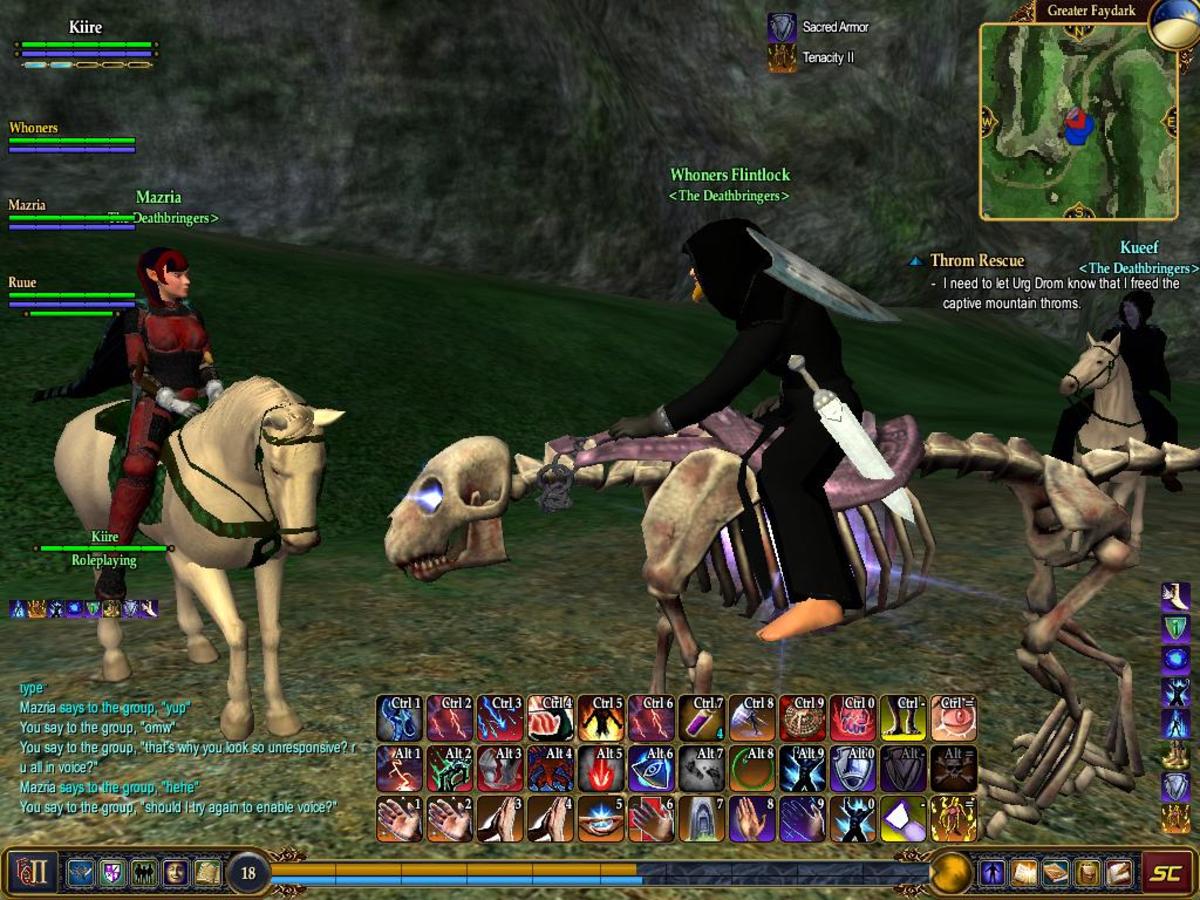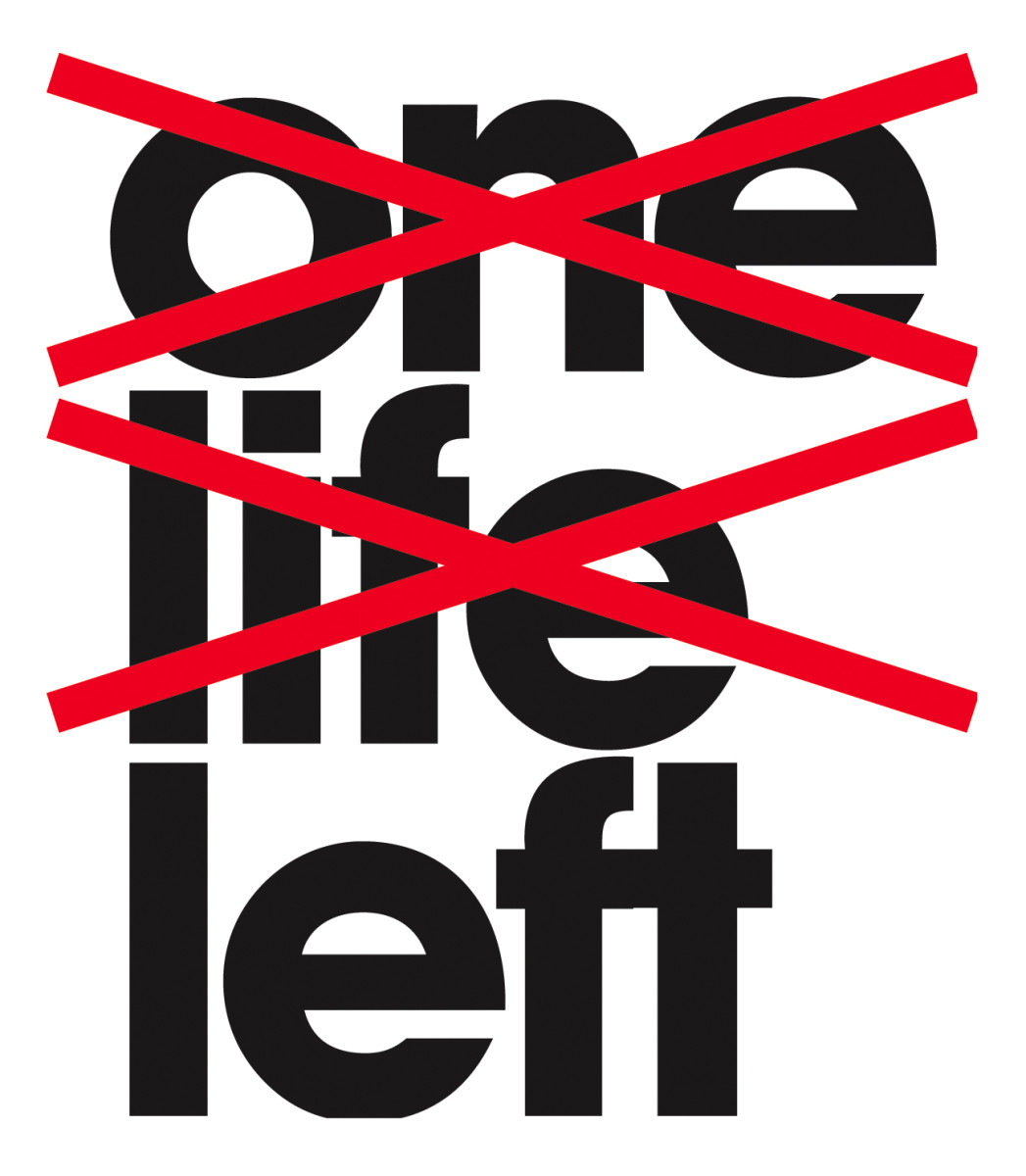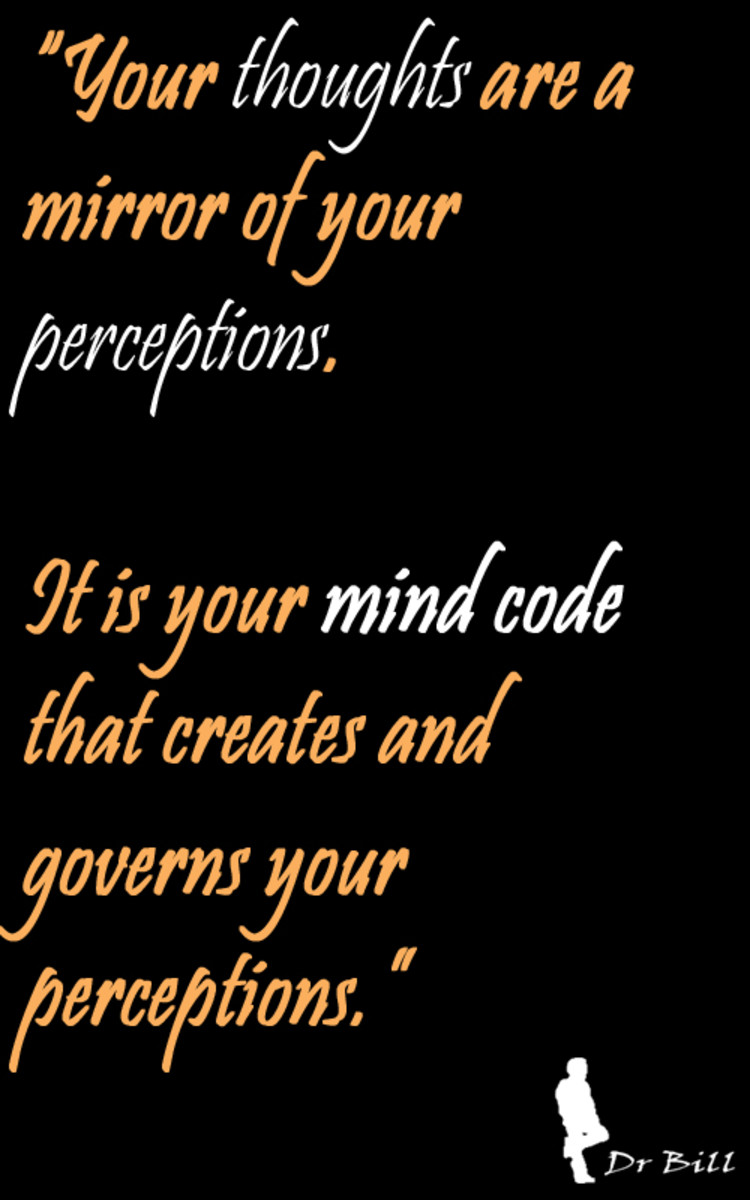- HubPages»
- Health»
- Mental Health»
- Addiction
Computer Game Addiction
Addiction

Introduction
Demanding jobs, care for our children, spouses needs and wants, ageing parents, family commitments, friends in need are some reasons why we get so frustrated and tired. We all need to relax. People relax in different ways. Some become addicted to computer games. One of those people was my ex. Demanding jobs, care for our children, spouses' needs and wants, aging parents, family commitments, friends in need are some reasons why we get so frustrated and tired. We all need to relax. People relax in different ways. Some become addicted to computer games. One of those people was my ex-partner.

What is it?
Computer Game Addiction is when an adult spends excessive time playing computer games. He/she gets isolated, does not spend time with the kids, gets upset if disturbed, gets annoyed if obtains low rankings in his/her favorite computer game, and neglects the partner. Computer Game Addiction is predominantly seen in males.
It’s great to do things you enjoy. But can you go too far with a hobby? And at what point does it become an addiction? That’s the question experts are trying to answer about playing video games.
Even though gaming has been around for almost 50 years, studies about its harms are still in the early stages. Different groups have come to different conclusions about whether problem playing should be called an addiction.
The World Health Organization added “gaming disorder” to the 2018 version of its medical reference book, International Classification of Diseases. But the American Psychiatry Association’s manual, the DSM-5, didn’t. (So far, gambling is the only “activity” listed as a possible addiction.).


Effects of addiction
Computer game addiction has several negative effects on the person affected and the people around him/her. My ex-partner of 6 years was affected. He did spend a lot of time playing computer games. For several years, he worked on a contract basis and many times he didn't have work for several weeks. Rather than looking for work, he started the day playing on his computer. I left him in front of his PC and I did find him still there when I came home late afternoon. He did get angry and frustrated when he did lose the game or he did score low. He had back pain from sitting several hours staring at the screen. The cost of those computer games ranged between $90 to $200. For someone who was out of work so very often, this was a high price to pay for his addiction. We had arguments about the fact that he spent his money on games and therefore did not contribute to the household expenses on several occasions.
He stayed late at night to play games and therefore the next day he was very tired. His job performance was affected too. He told me many times that the client was not happy with his work. But he still did not admit that his poor performance was due to his addiction.
His addiction caused a lot of frictions between the two of us. We started to drift apart. We lived in the same house, but we hardly did anything together lately. I confronted him a few times about his addiction. He did not want to admit that he had a problem.

The final outcome
Something had to happen. The situation could not go on like it did before. One day, I told my partner that we need to have a serious talk about our relationship. There have been 2 years of talks and promises from his part that he will change. Nothing happened. I thought that for the sake of 6 years together, I will give him a last chance to change. He didn't take it. He preferred to move out. Our relationship ended mainly because of his computer game addiction.
Signs to Watch For
Here’s what to look for in yourself or someone close to you -- your partner, a child, or a friend. You need to have five or more of these signs in 1 year to have a problem, according to criteria that were proposed in the DSM-5:
- Thinking about gaming all or a lot of the time
- Feeling bad when you can’t play
- Needing to spend more and more time playing to feel good
- Not being able to quit or even play less
- Not wanting to do other things that you used to like
- Having problems at work, school, or home because of your gaming
- Playing despite these problems
- Lying to people close to you about how much time you spend playing
- Using gaming to ease bad moods and feelings
Of course, not everyone who plays a lot has a problem with gaming. Some experts say that it’s harmful to label people who might just be very enthusiastic about gaming. One thing they do agree on is that the percentage of players who meet the proposed criteria for addiction to video games is small. It’s estimated to be somewhere between 1% and 9% of all gamers, adults and kids alike. (It’s more common in boys and men than girls and women.)
Lesson learned
Computer game addiction can be controlled and treated. Addicts, get help before it is too late, that is my advice.








